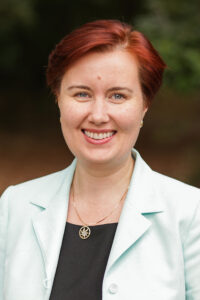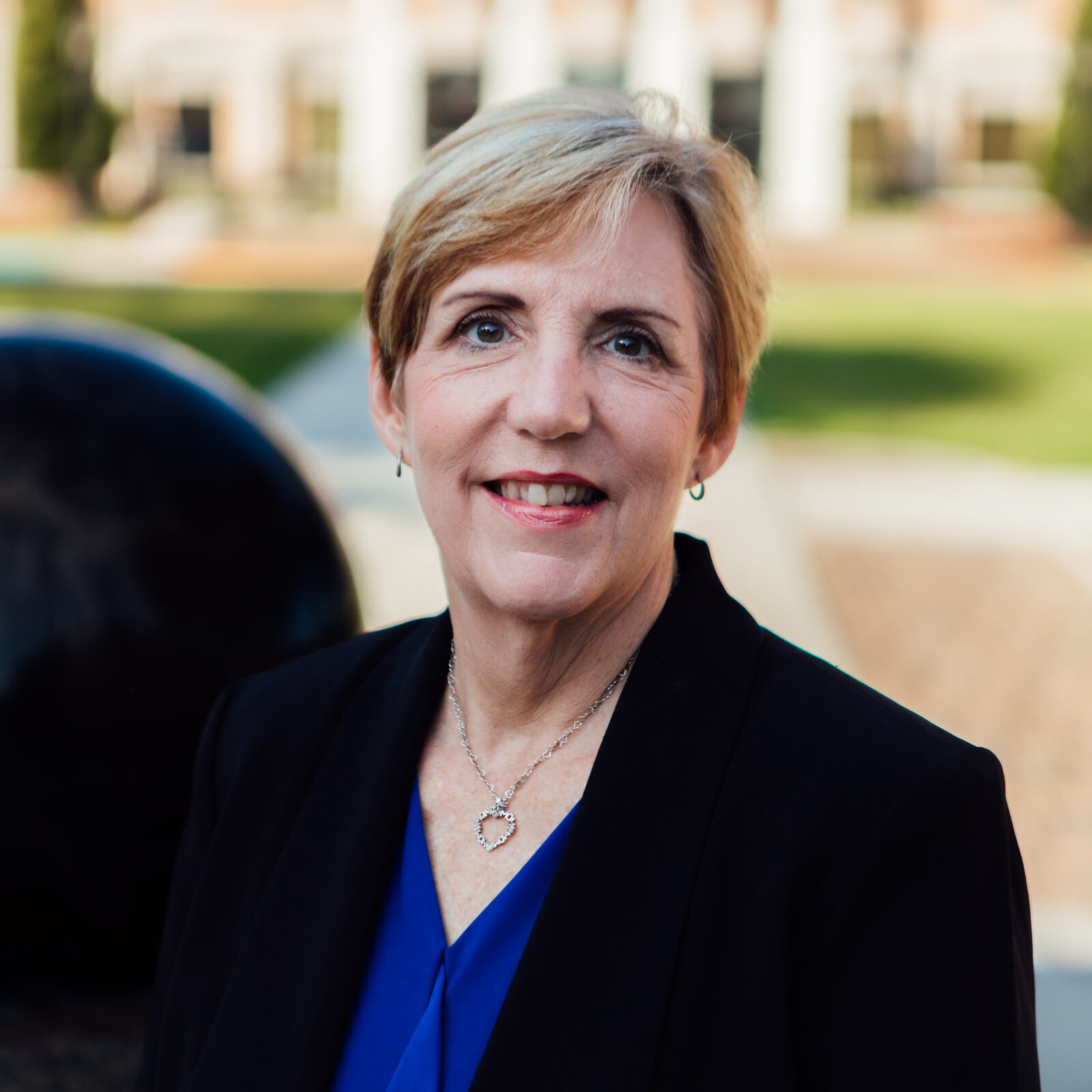Q&A with UM School of Business Professor Sevints Nuriyeva

 Before moving to the United States, Dr. Sevints Nuriyeva lived and worked in Kazakhstan and South Korea. Now, as associate professor of global business and management at the University of Mobile, she prepares students in the Grace Pilot School of Business to compete on the international stage.
Before moving to the United States, Dr. Sevints Nuriyeva lived and worked in Kazakhstan and South Korea. Now, as associate professor of global business and management at the University of Mobile, she prepares students in the Grace Pilot School of Business to compete on the international stage.
This hard-working professor earned two master’s degrees and a doctorate in international business while working full-time. That determination to overcome obstacles and pursue her calling is something she encourages her students to develop as well.
“To my current and future students – it can be done! And, I can relate!” she says. Read on to learn why she says management is something everyone should learn.
Q. Why should someone choose to study Management?
A. Management is present in our daily life. It is both art and science; and, not just for managers/supervisors who work with people. Daily, we make plans and organize our activities to implement personal and professional/career plans. We motivate and lead ourselves as well as those around us to meet our goals. Finally, we check and adjust our results against the plans we have created. In a way, these functions of management (planning, organizing, leading/motivating and controlling) help us live every day in such a way that praises the Lord.
Q. What courses do you typically teach?
A. In the Grace Pilot School of Business, I teach Global Business, Business Ethics, Principles of Management, Strategic Management, and Organizational Behavior courses. My favorite one is Global Business. We are living in a global world. It is exciting and challenging to explore with students global trade and cultures, as well as what makes countries attractive for FDI (foreign direct investment).
Q. What was the topic of your dissertation?
A. In my dissertation, I have explored self-initiated expatriates and their career success. Self-initiated expatriates (SIEs) are people who chose to live and work in a host country. As an SIE myself, it was interesting to study how this category of people defines career success.
The results of my research showed, and I agree with them, academic SIEs viewed their career success through the success of their students. Seeing my students succeed in academic and professional lives motivates me to stay on track in my field.

Kathy Dean uses her passion for storytelling and “playing with words” to share the stories of people, place and purpose that make the University of Mobile unique. As associate vice president for university communications, she manages media relations, edits the TorchLight alumni magazine, and oversees university communications. A former award-winning journalist, she is a two-time recipient of the Baptist Communicators Association grand prize for feature writing. Kathy and her husband, Chuck, live with three extremely loud miniature schnauzers.



